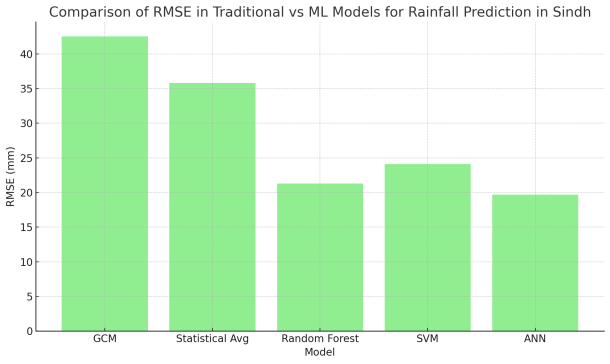INTEGRATING MACHINE LEARNING WITH ENVIRONMENTAL MODELING: A DATA-DRIVEN APPROACH TO CLIMATE FORECASTING
Keywords:
Climate Forecasting, Environmental Modeling, Machine Learning, Data-Driven ApproachAbstract
Accurate climate forecasting is essential for formulating mitigation strategies in response to environmental and climatic uncertainties. Traditional environmental models, while robust in their scientific formulations, often struggle to adapt to the dynamic, nonlinear nature of climate systems. This study explores the integration of machine learning (ML) techniques into environmental modeling frameworks to enhance predictive accuracy, adaptability, and real-time forecasting capabilities. By leveraging large-scale satellite, meteorological, and geospatial datasets, ML algorithms such as artificial neural networks (ANN), random forests (RF), and support vector machines (SVM) are evaluated for their performance in modeling temperature anomalies, precipitation patterns, and extreme weather events. Case studies from South Asia, particularly Pakistan, are analyzed to demonstrate the real-world applicability of ML-enhanced climate models. The paper concludes by discussing challenges, ethical considerations, and future directions in building resilient, data-driven climate forecasting infrastructures.

Downloads
Published
Issue
Section
License
All articles published in the Multidisciplinary Research in Computing Information Systems are licensed under an open-access model. Authors retain full copyright and grant the journal the right of first publication. The content can be freely accessed, distributed, and reused for non-commercial purposes, provided proper citation is given to the original work.




